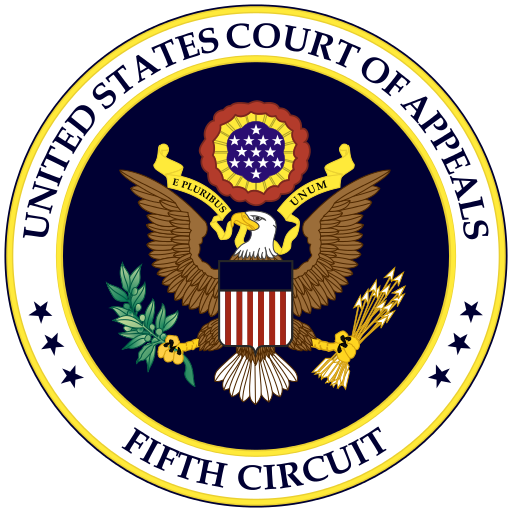Harper & Bates Earns Three Best Law Firm Rankings
Harper & Bates is pleased to announce that it has earned three rankings in the 2023 “Best Law Firm” rankings from U.S. News & World Report Best Lawyers.In the Dallas market,…
Continue reading » With its May 2016 decision in Baker v. DeShong, the Fifth Circuit became the most recent appeals court to relax the standard for awarding attorneys’ fees in trademark disputes. Applying the Supreme Court’s Octane Fitness ruling on fee-shifting in patent cases to Lanham Act suits, the Fifth Circuit concluded litigants need only show a case “stands out” from others with respect to the substantive strength of a party’s litigating position or the losing party has litigated the case in an “unreasonable manner.” Previously, litigants were required to meet a heavy burden of showing by clear and convincing evidence the losing party brought a trademark claim in bad faith to receive attorneys’ fees. The Fifth Circuit's flexible approach defers to the discretion of the district court instead of requiring a rigid assessment of culpable conduct, which should make potential plaintiffs think twice before bringing questionable Lanham Act suits.
With its May 2016 decision in Baker v. DeShong, the Fifth Circuit became the most recent appeals court to relax the standard for awarding attorneys’ fees in trademark disputes. Applying the Supreme Court’s Octane Fitness ruling on fee-shifting in patent cases to Lanham Act suits, the Fifth Circuit concluded litigants need only show a case “stands out” from others with respect to the substantive strength of a party’s litigating position or the losing party has litigated the case in an “unreasonable manner.” Previously, litigants were required to meet a heavy burden of showing by clear and convincing evidence the losing party brought a trademark claim in bad faith to receive attorneys’ fees. The Fifth Circuit's flexible approach defers to the discretion of the district court instead of requiring a rigid assessment of culpable conduct, which should make potential plaintiffs think twice before bringing questionable Lanham Act suits.
The Fifth Circuit is the third appellate court to expressly adopt the Supreme Court’s Octane Fitness fee-shifting standard in Lanham Act suits. The Third Circuit began the movement with its decision in Fair Wind Sailing, Inc. v. Dempster in September 2014, which was followed by the Fourth Circuit’s Georgia-Pacific Consumer Products LP v. Von Drehle Corp. decision in March 2015. The Sixth Circuit alluded Octane Fitness will apply to Lanham Act cases in its August 2014 decision in Premium Balloon Accessories, Inc. v. Creative Balloons Manufacturing, Inc. and the issue is currently on appeal in the Second Circuit in Point 4 Data Corp. v. Tri-State Surgical Supply and Equipment Ltd.
The Supreme Court’s April 2014 decision in Octane Fitness, LLC v. Icon Health & Fitness, Inc. analyzed when a district court may award attorneys’ fees under the exceptional case standard established by the Patent Act. The Court unanimously decided the term “exceptional” does not limit the award of attorneys’ fees in patent suits to cases in which a party’s bad faith conduct is shown by clear and convincing evidence. Noting the text of the exceptional case standard in the Lanham Act is identical to the standard in the Patent Act, the Fifth Circuit endorsed the Octane Fitness Court’s construction of “exceptional” to mean “uncommon”, “rare”, or “not ordinary.”
Harper & Bates is pleased to announce that it has earned three rankings in the 2023 “Best Law Firm” rankings from U.S. News & World Report Best Lawyers.In the Dallas market,…
Continue reading »Harper & Bates is pleased to announce that it has earned three rankings in the 2022 “Best Law Firm” rankings from U.S. News & World Report Best Lawyers.In the Dallas market,…
Continue reading »